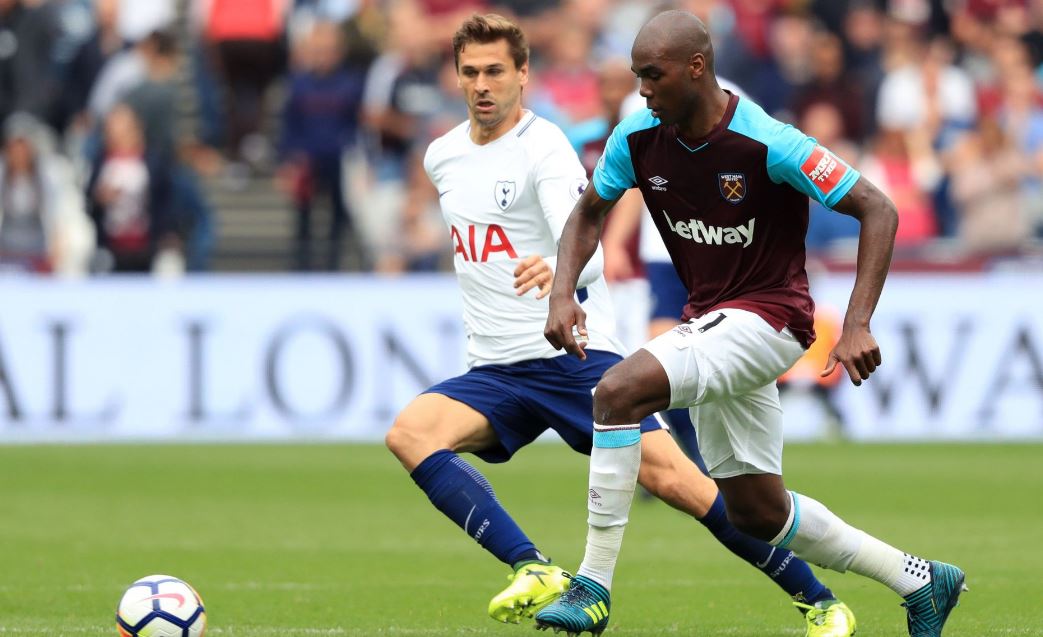 Sports betting has been around for thousands of years, following its roots back to Ancient Rome where people would bet on chariot races for example. Nowadays, this type of activity is available through a numerous count of online sports books with a variety of sport bets you can place.
Sports betting has been around for thousands of years, following its roots back to Ancient Rome where people would bet on chariot races for example. Nowadays, this type of activity is available through a numerous count of online sports books with a variety of sport bets you can place.
One of the most recognizable online bookmakers is Bet365 where you can find over 100 types of bets to place on the most interesting matches. It is imperative to place your sports bets with popular bookmaker with a good reputation. An online betting site with these two means that there would be a fair chance of winning if your bet goes as planned.
Betting on the team that wins or loses is popular in sports betting. Most people that bet, limit themselves to this kind of betting. The focus in this article however will be on fixed-odds wagering because it is the type that spread betting falls under.
In fixed odds betting, some types are popular, yet, some people who are new to gambling are not advised to delve into it. They are advised thus, because of the complicated nature of such wagering.
An excellent example of this type of wagering is spread betting. A person who is new to betting might find it hard to understand. However, when you know it, you will understand why it is a bedrock type of wager for online sites.
Concept Spread Betting
* Meaning: Spread betting is a type of fixed-odds betting that bases its win or lose on the accuracy of the wager.
It uses a technique known as the point spread. A point spread is the expanse of results that are feasible in a particular sports event. A point spread is the best guess of the sportsbook and the sports market about the performance separation of the two teams in the game. The point spread is usually written numerically.
If the point spread of two teams in the sports market is five, a sportsbook can decide to place it at 5.5 or even 6. The differences between the point spread of different bookmakers are why it is vital to do your research before picking out a sportsbook with a particular number. There might be others with a better point spread.
* How it is placed: In US spread betting, for each game, there are specific spread points. If the spread point is 5, you would have both teams on either side of the number. The favorite team will have a -5, while the underdog will have a +5.
If you are familiar with betting, you will notice that the plus and minus sign makes it similar to the money line. The difference is clear, however; the number attached to the Money line is either the money to be bet or the prize, while the number attached in spread betting is the point spread.
The score of whichever team the punter chooses to bet on is added to the point spread and compared to the other team’s score—using a final score of 10 for the underdog and 12 for the favorite. If you bet on the favorite, the point spread is -5.
The person would lose the bet because 12-5 equals 7, and the underdog scored greater than that. However, if a person bets on the underdog, the point spread is +5. The person easily wins the game because 10+5 is 15, 15 is greater than 12.
In the UK, spread betting is pretty different. One number isn’t given, and there isn’t a minus or plus sign attached. There is a range of numbers. Instead of just 5, the point spread might be 5-7. When a punter chooses a higher number, it is called buying.
Meanwhile, selling is selecting a lower number. Choosing seven means you think the team you are betting on can score higher than seven, while choosing five means the team scores lower than 5. A punter who picks five but gets an eight would lose the initial stake multiplied by 50.
The same thing applies to winning, the initial stake multiplied by 50. If the team scores 6, the punters lose their initial stake multiplied by 5 points.
* Why sportsbooks allow spread betting: Competitions are not always the same. There is no guarantee for two equally strong teams to be matched to compete against each other. Sometimes, strong and weak teams are pitted against each other.
When teams of opposite strengths are put together, it can cause a significant loss for the bookmakers. Punters love to stake their money on units that have verifiable strength. Only a few people stake bets on the underdogs, making the income from both streams unequal. With spread betting being handicapped to both parties, it eliminates this problem.
It is no more a win or loses game, but how will the favorite win, and how will the underdog lose. That way, there will be more people that would bet on the underdog as well as the favorite. The sporting site has the right to control the point spread.
If the number of punters on both sides of the point spread is unequal, they can shift the point spread number till they have an equal number of gamblers on both sides. The sportsbook make their money from the commission they get from each loss of a bet
Conclusion
Betting sites encourage spread betting so that equal action can be gotten from both sides of betting. For every hundred dollars to win, the punter wagers $110.
If the bettor loses the game, the $100 from the stake is paid to the winners, while the remaining $10 is taken by the sportsbooks.
Although bookmakers try to eliminate the occurrence of ties in spread betting, it still happens sometimes. When a tie occurs, the punter gains or loses nothing.
There is a significant difference between UK and US spread betting. The profit gotten for the win for US spread betting is known and fixed; meanwhile, that of the UK depends on the initial stake and the points it will be multiplied by.
The point depends on the outcome of the game. It is commonly used in betting for basketball and football (US: soccer).








